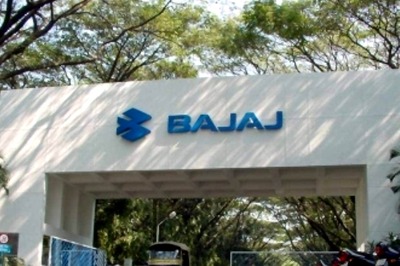
views
Almost a century ago, House of Lords enunciated the principle in the case of Duke of Westminster that a subject is entitled to arrange his affairs so as to reduce his liability to tax.
The above principle was also affirmed by Hon’ble Supreme Court in the celebrated Azadi Bachao Aandolan case.
The North Block almost after a century has decided to unsettle the settled law. Now by way of introduction of General Anti Avoidance Rules (GAAR) in the Direct Tax Code, Government intends to prevent loopholes in the tax code.
OECD recognised the concept of anti avoidance way back in the year 1977. Article 1 of the OECD model commentary provides that tax treaty should not facilitate tax avoidance or evasion; it advocates that countries should adopt anti avoidance provisions in their domestic laws.
The 2008 version of OECD Model Convention commentary also specifically acknowledges that the purpose of tax conventions, inter alia, is to prevent tax avoidance and evasion.
Section 112 of the proposed Direct Tax Code provides extensive powers to Commissioner of Income Tax to disregard any arrangement because of its improper tax benefit availing characteristics.
The measures that may be adopted by the Commissioner to tackle such an arrangement are:
- Disregarding, re characterizing any part or if required the whole of the arrangement
- Treat the arrangement as if it had not been entered into at all; or
- Disregarding any accommodating party and the party in question as the same;
- Any other manner which the Commissioner shall deem appropriate
On a reading of the proposed Code an impermissible avoidance agreement is understood to be any mala fide scheme adopted by a party to obtain a tax benefit which is not normally provided for or an action that results in the misuse or abuse of the provisions of the code.
Thus it is a form of enrichment obtained without adequate consideration. An arrangement that lack/commercial substance is also impermissible.
Lack of commercial substance suggests that the arrangement, if severed, has no significant effect on the business operation of the party.
This involves inclusion of a tax indifferent party or improper round trip financing, transactions which have the effect of cancelling each other or an exchange which is made in such a manner that it disguises the purpose or source of the fund.
It is pertinent to note that this power has an overriding effect over other protective shields for instance a Double Tax Avoidance Agreement.
As a measure to counter any veiled avoidance of tax, the code specifies that ,if the object of a certain scheme is for some other purpose but any part of it involves availing a tax benefit, the entire arrangement shall be considered impermissible under the GAAR.
Voraciously implemented in various nations including the United States of America and Belgium, it is regarded a necessity in India. However, what needs to be considered is the alternate line of thought that whether an act which is otherwise valid in law can be treated as wrong.
Besides, Article 51 of the Constitution provides that State must strive to foster respect for international law and treaty obligations in the dealing of organized people with one another.
The Hon’ble Finance Minister also acknowledged the fact that one of the insignia of a mature fiscal policy is stability.
However, the proposed GAAR read with Section 258(8) of the Direct Tax Code which give overriding effect to the domestic tax law over DTAA casts a shadow over such intention.
(The article has been written by Aseem Chawla, Partner – Amarchand & Mangaldas & Suresh A. Shroff & Co. All views are the author's personal.)




















Comments
0 comment